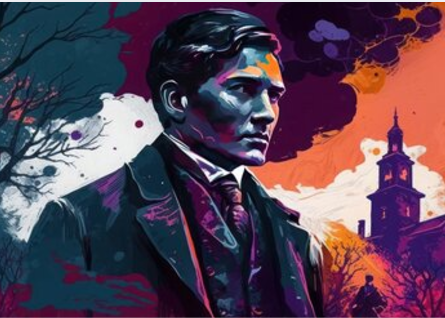
Source: Racme Adobe Stock
“Why do we even need a holiday to remember someone?” This casual question might pop up in everyday conversations when Rizal Day approaches. But for Filipinos, it’s not just about a day off—it’s a moment to pause, look back, and reframe how we see our identity and independence.
Commemorating the life and sacrifice of our national hero
Celebrated every December 30, Rizal Day commemorates the life and sacrifice of Dr. José Rizal, a man whose vision for a free and enlightened Philippines resonates over a century later.
Let’s imagine Rizal himself walking in the modern Rizal Park in Manila, perhaps marveling at the sprawling green spaces and his iconic Rizal Monument, standing tall against the city’s backdrop. One might wonder: Did he ever think his ideas, novels, and ultimate sacrifice would ripple so far into the future?
While it might not come with fireworks or grand parades like Independence Day, Rizal Day carries its own quiet power. It’s a day that asks us to reflect—not just on Rizal’s legacy but on what it means to be Filipino.
The Making of a National Hero: Jose Rizal and His Legacy
Dr. José Rizal, born on June 19, 1861, in Calamba, Laguna, was no ordinary man. As a child, he showed an insatiable thirst for knowledge, which would later lead him to excel as a doctor, writer, linguist, and advocate for reform. He was a true polymath—a doctor, poet, artist, and advocate for social reform. His novels, written during his time in Europe, were groundbreaking critiques of colonial oppression.
Novels revealing injustices during the Spanish colonists
Through his novels, particularly “Noli Me Tangere” and “El Filibusterismo,” Rizal highlighted the injustices and abuses during Spanish colonial rule. His words resonated deeply with Filipinos, awakening a collective national consciousness that demanded change.
Death at the cost of freedom
Rizal’s execution on December 30, 1896, at Bagumbayan (now Rizal Park) was meant to extinguish his influence. Instead, it turned him into a martyr. His death underscored the cost of freedom, making him a symbol for countless Filipinos who would continue the fight for independence.
Within just a few years, he was officially declared the Philippine National Hero, cementing his place in history as a symbol of peaceful resistance and enlightened leadership.
Rizal as a unifying figure
Why Rizal? Unlike revolutionary leaders who took up arms, Rizal’s approach was through education and dialogue. This made him a unifying figure—someone who could inspire both the intellectual elite and the common people. His message? A free and just society can only be built on the foundation of knowledge, dignity, and unity.
Celebrating Rizal Day
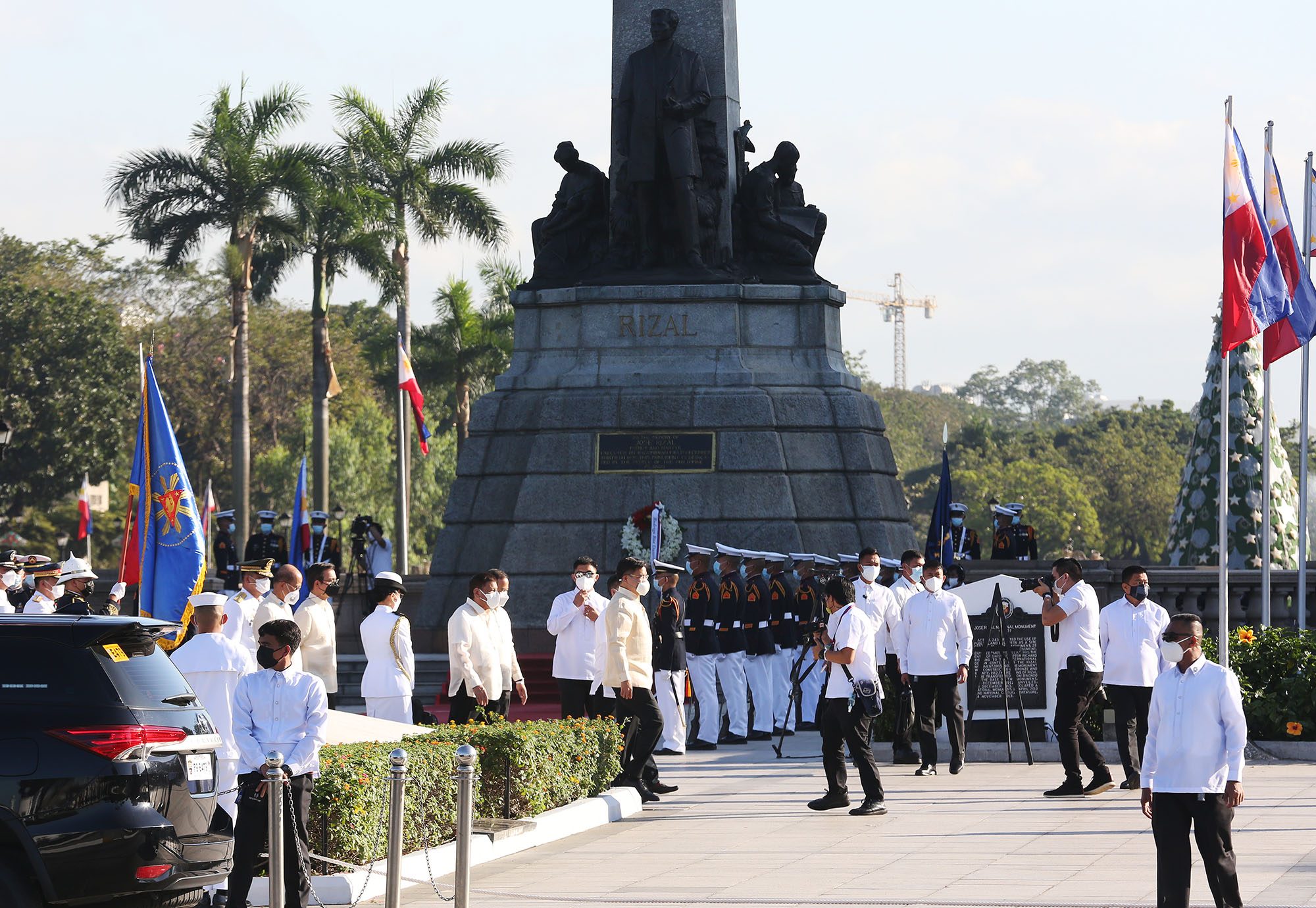
The commemoration of Rizal’s legacy began shortly after his death. By 1898, Emilio Aguinaldo, the leader of the Philippine Revolution, had issued a decree officially marking December 30 as a day of mourning for Rizal and other fallen heroes.
Rizal’s ideals had resonated within the revolutionary movement
This act demonstrated how deeply Rizal’s ideals had resonated within the revolutionary movement. In 1901, during the American colonial period, the U.S.-backed Philippine Commission passed Act No. 345, officially declaring Rizal Day a Philippine national holiday celebrated annually.
Over the decades, Rizal Day has evolved to become a unifying moment of reflection for Filipinos. From solemn gatherings at Rizal Park in Manila to smaller Rizal Day ceremonies held in schools and communities nationwide, the day serves as a poignant reminder of the enduring power of Rizal’s ideals.
It is not merely a special non-working holiday; it’s an occasion to reflect on education, equality, and national pride, the values Rizal cherished and fought for until his death.
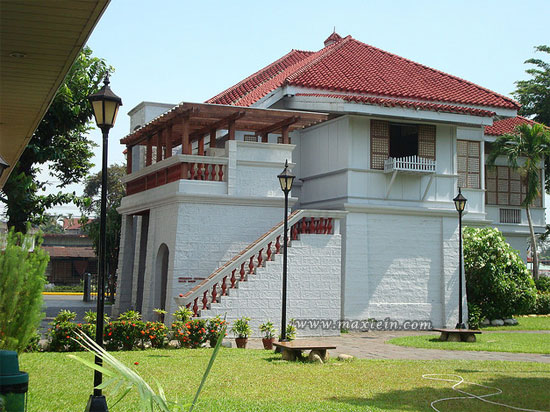
Why Rizal Day Matters
Rizal Day isn’t just about remembering one man—it’s a mirror for the nation. It challenges Filipinos to ask: What does it mean to be free? How can we honor the sacrifices of the past? It’s also a chance to celebrate progress while recognizing the struggles that remain.
Not just a celebration but a day for reflection and action
The day reminds us of the sacrifices made not only by Rizal but also by all the victims of colonial oppression. It’s a time for reflection and action, inspiring modern generations to carry forward the ideals of education, reform, and unity that Rizal lived and died for.
Reizal Day Ceremonies
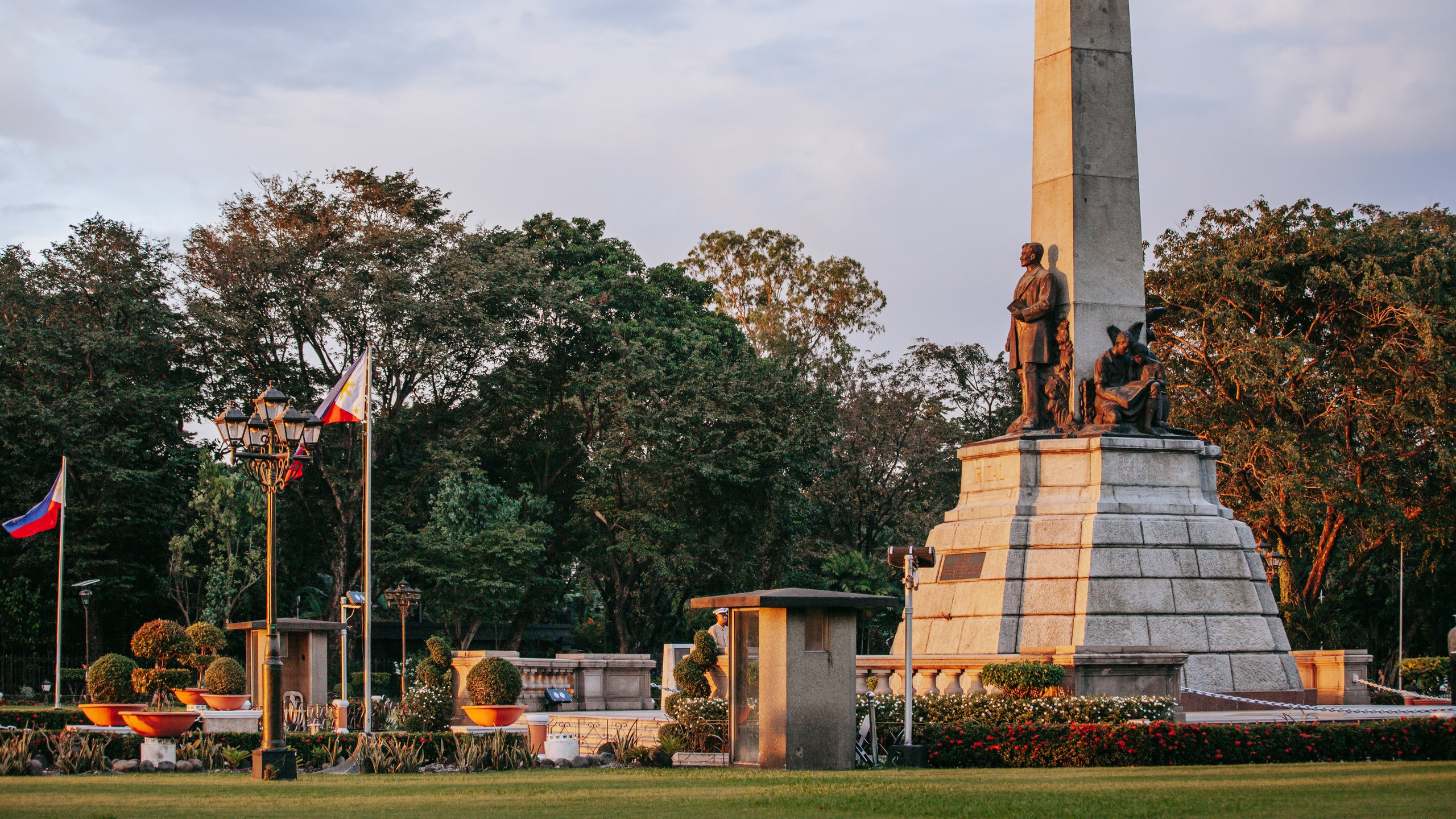
The annual Rizal Day ceremonies are a highlight of this commemoration. At the heart of these events is the flag raising ceremony and solemn wreath-laying ceremony at the Rizal Monument in Rizal Park, led by government officials, military personnel, and civic groups.
This iconic structure, which houses Rizal’s remains, serves as the epicenter of nationwide celebrations. The monument stands as a tangible symbol of his sacrifice and a reminder of his crucial role in Philippine history.
Across the country, local governments and schools host their own ceremonies, incorporating flag-raising events, performances, and readings from Rizal’s works. These gatherings often involve students who recite his writings or reenact scenes from his life to instill a deeper appreciation of his legacy in the younger generation.
Rizal Day is not only about Rizal’s death but also about celebrating his life, his vision, and his enduring contributions to shaping Filipino identity.
By commemorating Rizal Day, Filipinos are reminded of their shared heritage, the value of selfless service, and the ongoing journey toward freedom and equality—values Rizal championed as Dr. José Rizal, the Philippines’ national hero.
The Significance of Rizal Park
For many, Rizal Park isn’t just a tourist spot. It’s the heart of the nation’s commemoration of Rizal’s life and ideals. On Rizal Day, ceremonies are held at the Rizal Monument, where officials lay wreaths to honor his memory.
The park itself is a living testament to his vision. From the Rizal Shrine housing his memorabilia to the markers detailing the moments leading up to his execution, it’s a place where history feels tangible. If you’ve ever attended a Rizal Day ceremony, you’d notice a mix of solemnity and celebration—a reflection of both grief and pride.
Beyond a Public Holiday
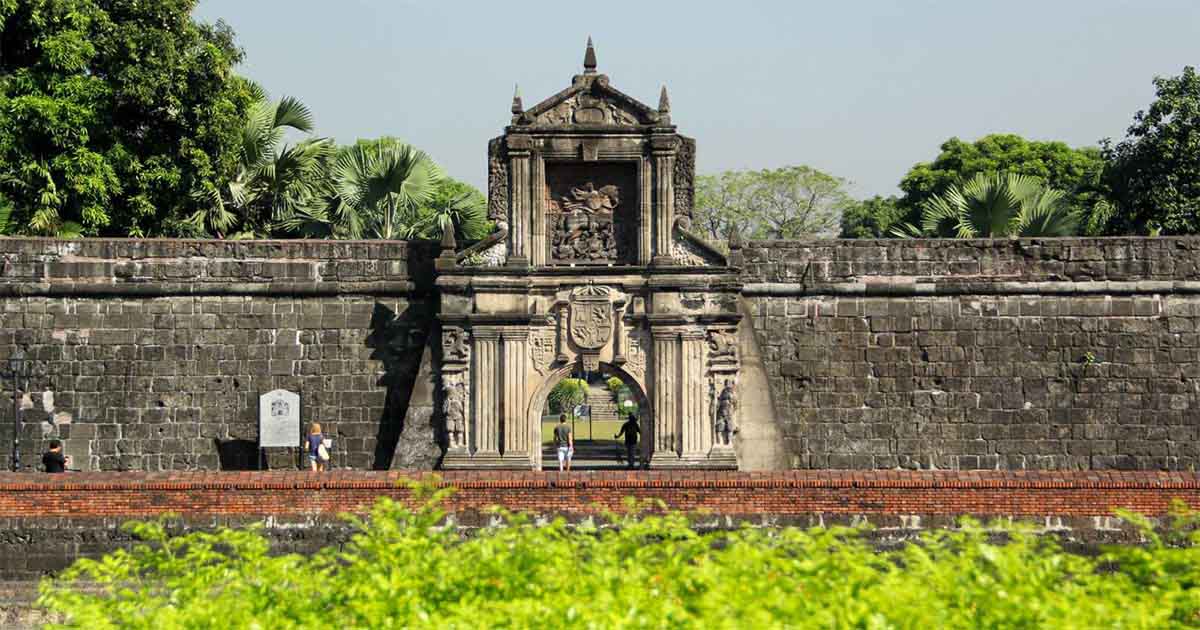
While Rizal Day is officially a special non-working holiday, its meaning goes far beyond a break from routine. It’s an invitation to connect with history in a personal way.
Whether you visit Rizal Park, read excerpts from his writings, or simply discuss his legacy over coffee with friends, every small act of remembrance keeps his spirit alive.
So the next time someone asks why we celebrate Rizal Day, you might share a bit about his life, his peaceful revolution, and his vision for a better Philippines. After all, as Rizal himself believed, the future of the nation lies in its people’s ability to learn from the past.
Keeping Rizal’s Spirit Alive
So, how do we honor Rizal in today’s world? It starts with understanding his values—education, self-discipline, and a deep love for one’s country.
Whether it’s through small acts like reading his works or larger efforts like advocating for social reforms, keeping Rizal’s spirit alive means embracing his vision for a nation built on integrity and unity.
Rizal Day isn’t just about looking back; it’s about moving forward. It’s a chance for Filipinos to recommit to the ideals of freedom, equality, and justice. After all, Rizal didn’t just fight for his time—he fought for the future.
So, as you stand before the Rizal Monument, read his words, or simply take a moment of silence this Rizal Day, remember: his story isn’t just history—it’s a legacy that lives on in every Filipino.
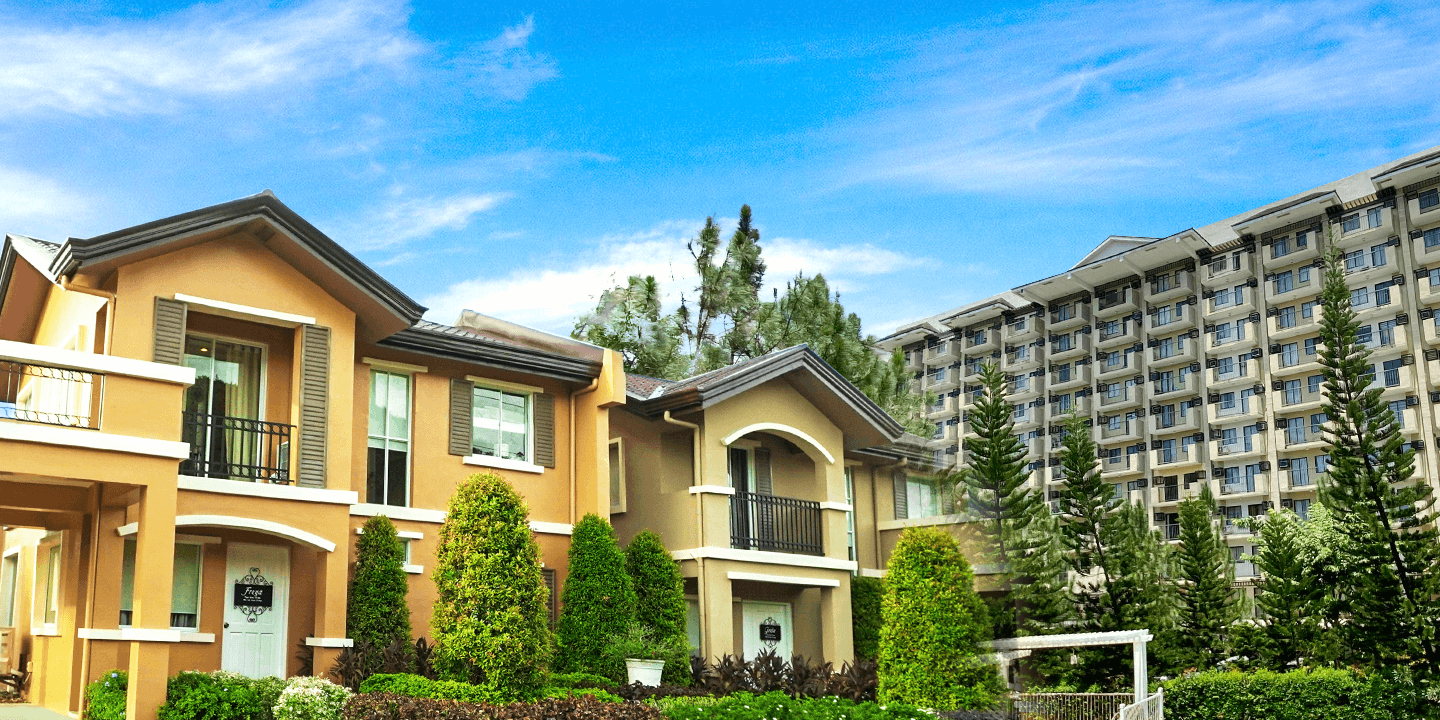
Celebrate Life’s Milestones in Camella!
House and Lot & Condominium for Sale in the Philippines

